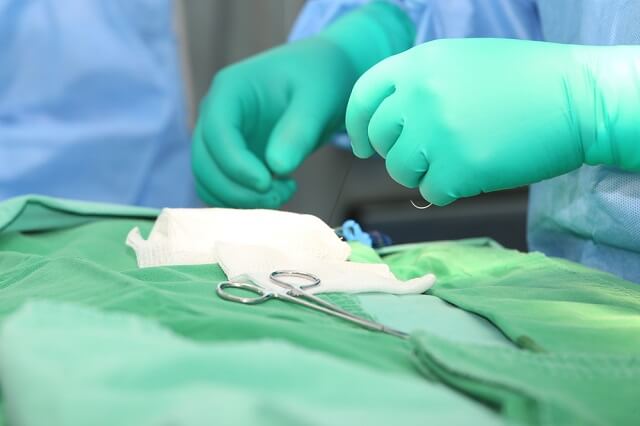
Free Consultation(203) 447-0000

Free Consultation(203) 447-0000

Recently, the Detroit News highlighted a story of a 40-year old woman who received an outpatient procedure and was permanently injured. Her procedure was to remove a scar, but since the procedure was done, she has suffered multiple infections and endured more than nine operations to fix the damage done. She no longer can work because of the damage; while she has no direct evidence, she believes that dirty surgical instruments were used on her, which led to initial infection.
This is not the first case, and certainly not the last, of a patient being contaminated due to improper sanitization of surgical equipment. Routine surgeries and life-saving procedures can turn south when basic principles of clean, sanitary surgical equipment are ignored by hospital staff.
Surgical site infections (SSIs) that are caused by unsanitary surgical equipment can lead to severe site infections. These can leave a patient with debilitating pain, prolonged recovery complications, loss of organs or limbs, and potentially death. Some patients have even encountered infections with HIV, syphilis, hepatitis, and Mad Cow Disease.
Dirty surgical instruments can happen in several situations. A hospital does owe every patient a duty to clean and sanitize surgical equipment, which ensures patient safety. Some hospitals may try to cut corners and costs by reusing surgical instruments that are designed for one-time use.
Even with the right policies in place, equipment failure could be the reason for the infection. In other instances, the contamination is due to:
If a hospital has discovered that contamination is likely, they are required by law to notify all patients who were exposed to the contaminated surgical equipment. They are also required to monitor those patients and prescribe necessary antibiotics to prevent further injury.
A patient could receive compensation for dirty surgical instruments, as long as the use of those dirty instruments leads to harm and damages. Every case is unique, but regardless of the infection type or site, a patient must suffer an injury. If dirty instruments were used, but the patient never develops infection or complication, there is not likely to be a claim.
Some forms of compensation that may be available to a victim include:
If you have suffered a post-surgical infection that you suspect to be the result of dirty instruments, speak with a malpractice attorney right away. You may have a claim against the physician, sanitizing equipment distributor, nursing staff, surgery staff, or even the hospital. Contact Berkowitz and Hanna LLC today to schedule a no-obligation case evaluation. Call 866-479-7909 or contact us online to get started.
Berkowitz Hanna
